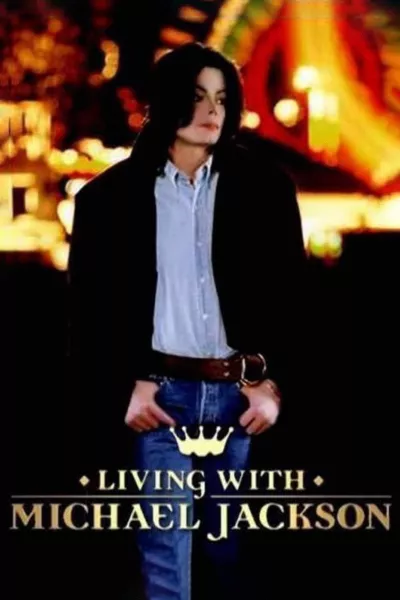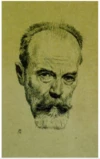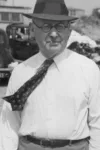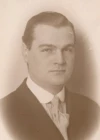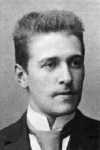The Knight of the Rose (1925)
December 9, 1925Release Date
The Knight of the Rose (1925)
December 9, 1925Release Date
Plot.
Where to Watch.
Cast & Crew.
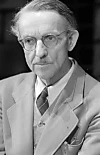
Michael Bohnen
Baron Ochs auf Lerchenau
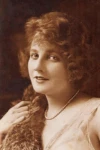
Huguette Duflos
Countess Maria Theresia von Werdenberg
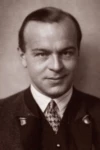
Paul Hartmann
Der Marschall
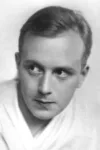
Jaque Catelain
Octavian

Elly Felicie Berger
Sophie
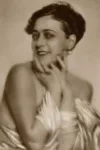
Carmen Cartellieri
Annina
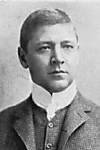
Karl Forest
Herr von Faninal
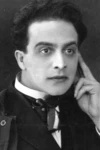
Friedrich Fehér
Valzacchi
Details.
Release DateDecember 9, 1925
Original NameDer Rosenkavalier
StatusReleased
Running Time1h 45m
Genres
Last updated:
This Movie Is About.
Wiki.
Der Rosenkavalier is a 1926 Austrian silent film of the opera of the same name by Richard Strauss (music) and Hugo von Hofmannsthal (libretto). Directed by Robert Wiene, it premiered on 10 January 1926 at the Dresden Semperoper, which had also hosted the actual opera's premiere 15 years earlier. Hofmannsthal considerably changed the storyline for the film version (which included a final scene in the formal gardens behind the Field Marshal's residence) and Strauss' score included music not only from the opera but also sections of his Couperin Suite and a march for the Field Marshal, who appears in this version.
The film was shot at the Schönbrunn Studios in Vienna. The music during the film's performances was provided by an orchestra. At the premiere, this was conducted by Richard Strauss himself. The film's projection speed had to be adjusted by the projector in order to fit the speed of the orchestra. This task fell to the film's cameraman, Hans Androschin, because only he knew the exact length of each scene and cut. In later performances, a special recording, also conducted by Strauss, provided the music. Strauss conducted the Vienna and London premieres (and recorded excerpts from the film score on the Victrola label at that time. A planned tour of the United States in 1927 by Strauss and his orchestra failed to go ahead because of the emergence of sound films.
The American premiere took place at Yale University's Woolsey Hall with the Yale Symphony Orchestra conducted by John Mauceri (who received special permission from Strauss' son) on 29 March 1974. A copy of the film was found in the Czech National Archive and Mauceri translated the titles with Glenn Most into English. The final sequence was missing from the print and was performed with orchestral music and titles alone. The score and parts were held by the Library of Congress. The audience at Yale included the famed Strauss soprano Maria Jeritza, who was living in New Jersey at the time.
You May Also Like.

Alienoid: Return to the Future (2024)

Dragon Ball Z: Broly - Second Coming (1994)

Dragon Ball Z: The World's Strongest (1990)

Dragon Ball Z: The History of Trunks (1993)

Dragon Ball: Yo! Son Goku and His Friends Return!! (2008)

Kill Shot (2023)
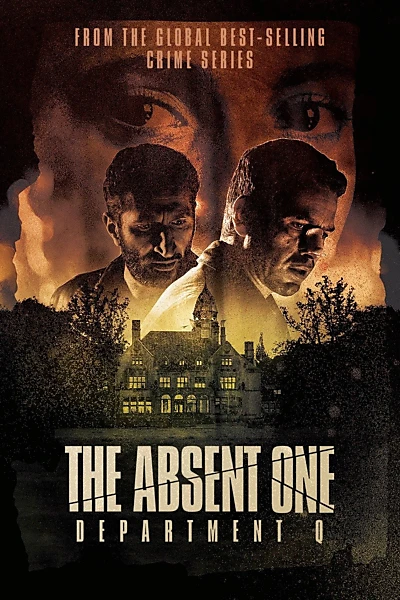
The Absent One (2014)
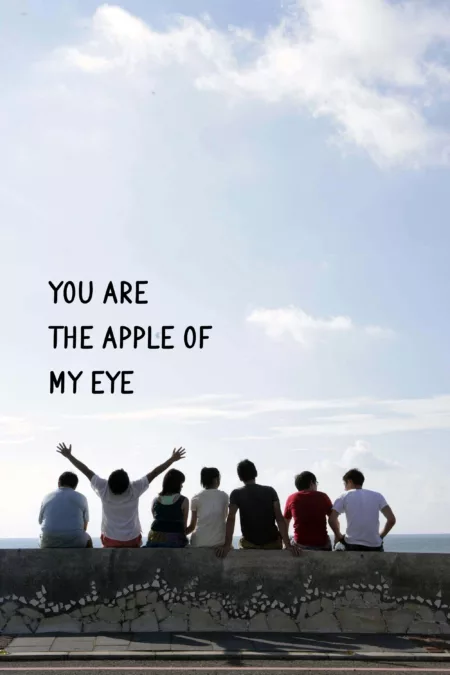
You Are the Apple of My Eye (2011)

Born in China (2016)
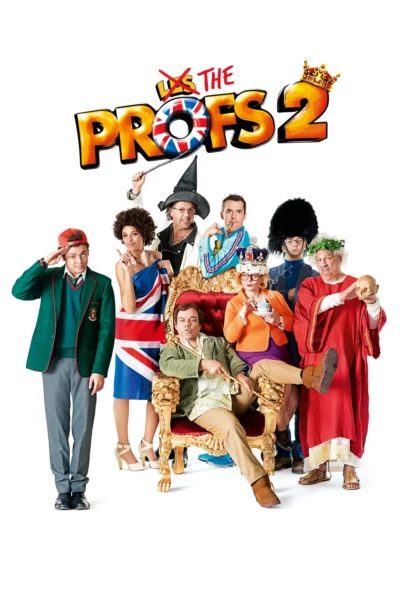
Serial Teachers 2 (2015)
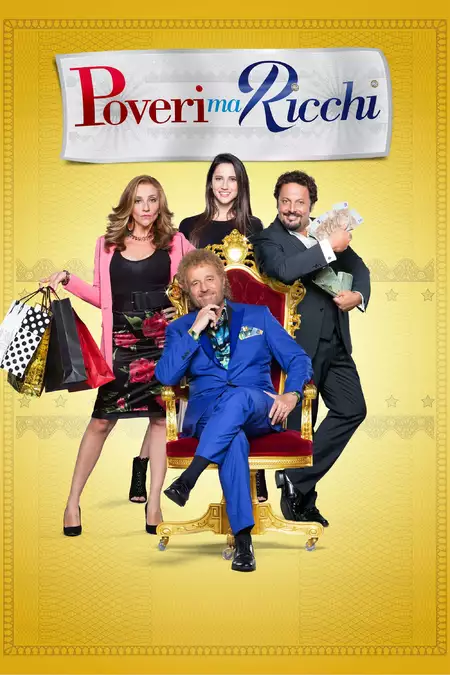
Poor but Rich (2016)
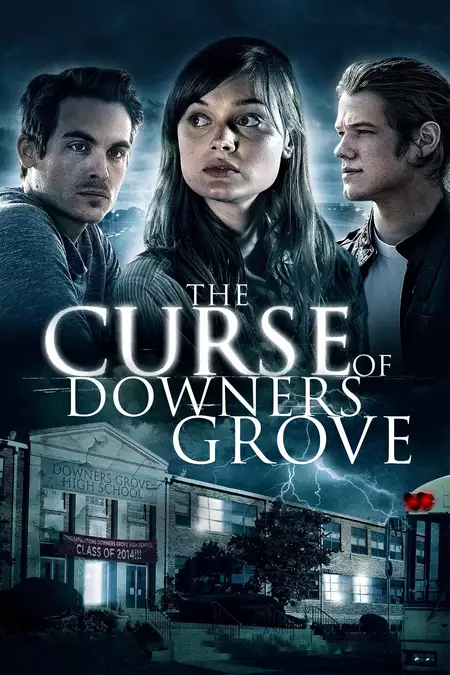
The Curse of Downers Grove (2015)
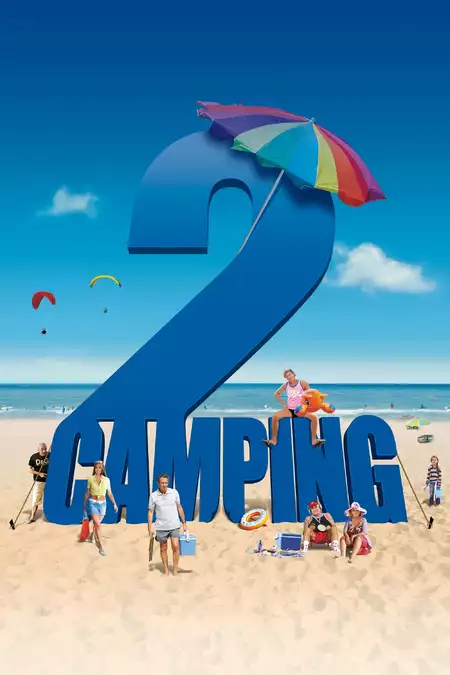
Camping 2 (2010)
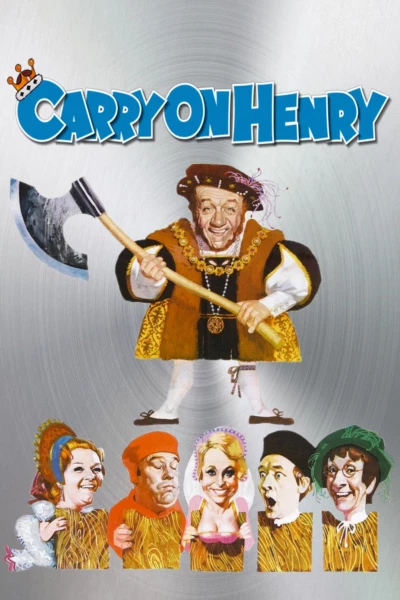
Carry On Henry (1971)

Murder, She Baked: A Deadly Recipe (2016)

Bibi & Tina: Perfect Pandemonium (2017)
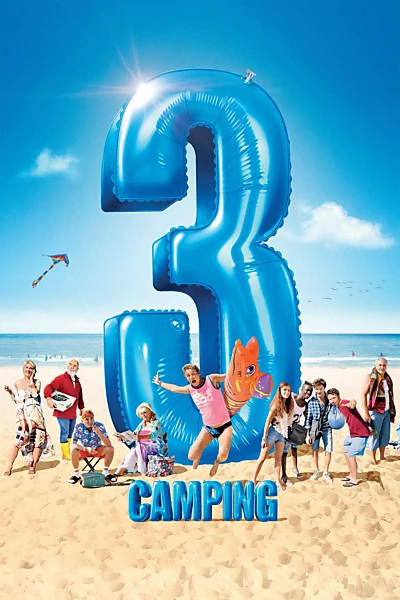
Camping 3 (2016)

Return

Return (1972)
